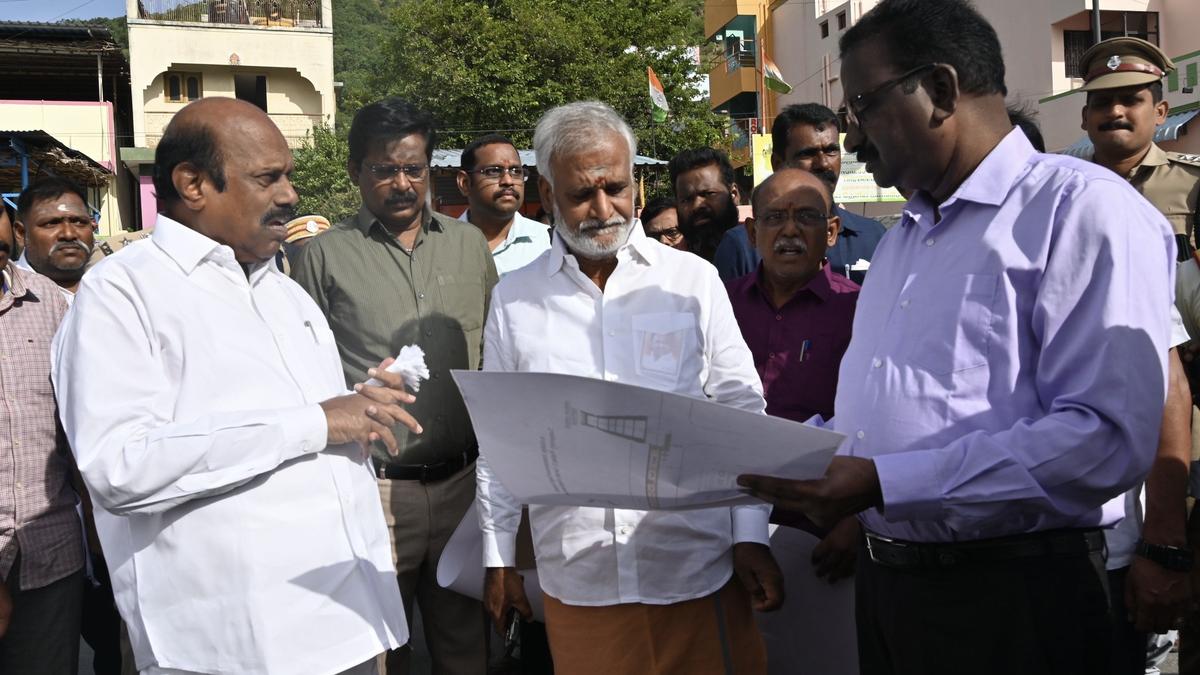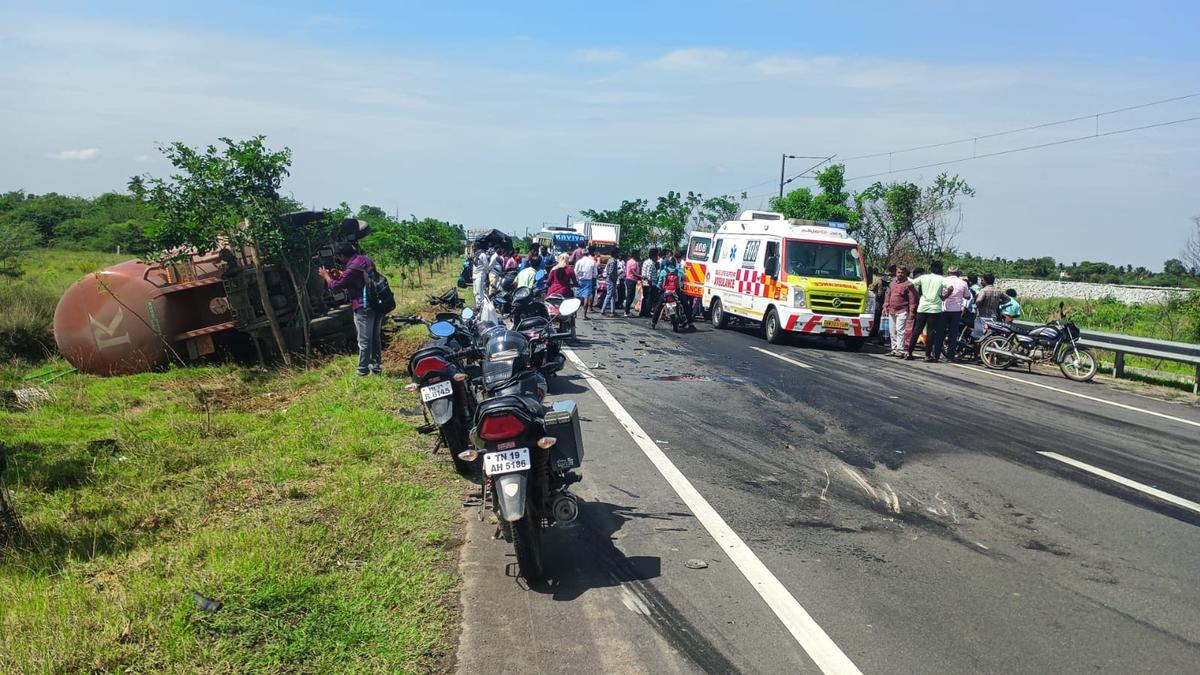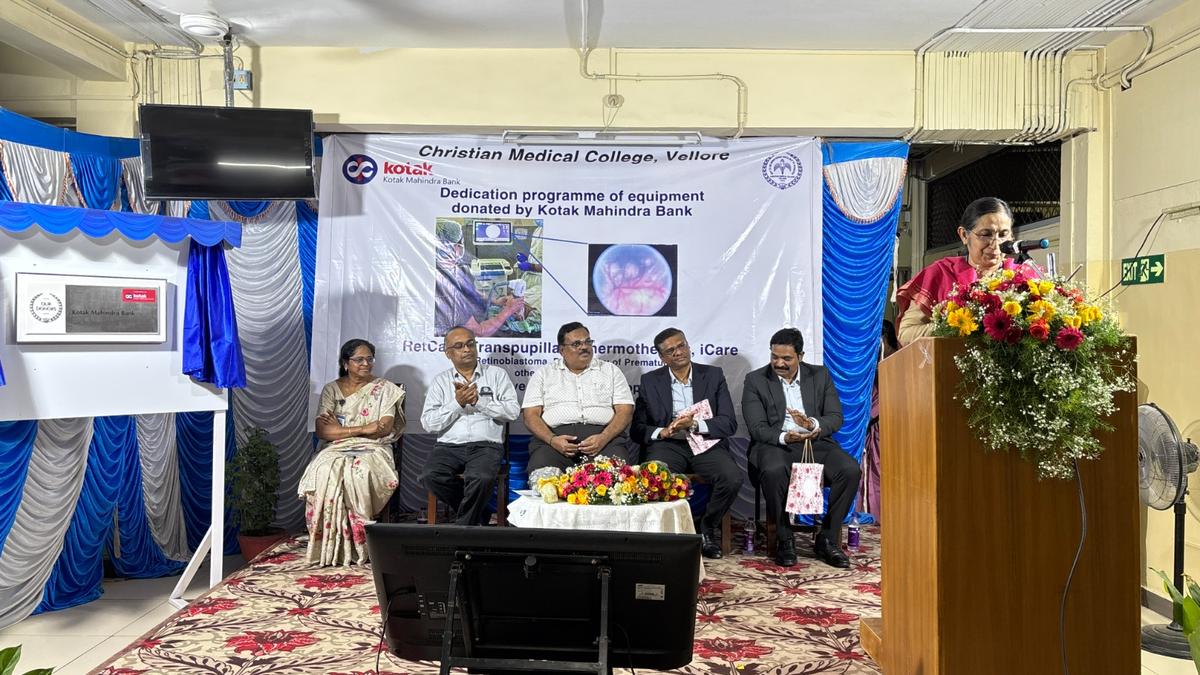The State government told the High Court of Karnataka that “it did not stop the RCB’s victory celebrations” at M. Chinnaswamy Stadium even though permission was not granted for the event, “as abruptly stopping the celebrations could have potentially incited violence among the gathered crowd and adversely affected overall law and order situation across the city”.
“The event commenced around 5.30 p.m., and a measured response was taken by curtailing the duration of the function. Instead of complete termination, a measured approach was adopted by allowing the event to proceed with significantly curtailed duration and enhanced monitoring,” the government has said in its status report submitted to the court on June 12.
The report has now become public as a Division Bench comprising acting Chief Justice V. Kameswar Rao and Justice C.M. Joshi, which had on June 5 suo motu initiated a public interest litigation petition on the stampede incident, had on July 8 rejected the government’s plea to keep the report in a sealed cover while stating that the issue involved is neither of national security nor of privacy rights.
Tactical decision
This tactical decision considered the evolving ground situation, crowd psychology, the massive scale of the gathering, and the information asymmetry among the assembled masses, the government said in the report, which was submitted to the court on June 12 in a sealed cover.
“The risk of large-scale rioting both within the stadium premises and throughout Bengaluru necessitated this careful balancing approach, prioritising overall public safety over immediate event cessation. It is common and known in law and order situations that cancellation of anticipated events can incite the crowd tremendously and lead to widespread mob violence, as has been seen in several events where such decisions have been take,” it has been claimed in the report.
The government has also reiterated its consistent stand that the stampede occurred due to the RCB’s call to fans through social media about the victory parade and organising the event without obtaining permission as per the law.
Intelligence failure
The status report also disclosed that “recognising potential intelligence failures”, the government transferred the head of Intelligence (Hemant M. Nimbalkar, Additional Director-General of Police-Intelligence) and appointed a new Intelligence chief in his place.



.png)
.png)
.png)
















 4 hours ago
2
4 hours ago
2










 English (US) ·
English (US) ·